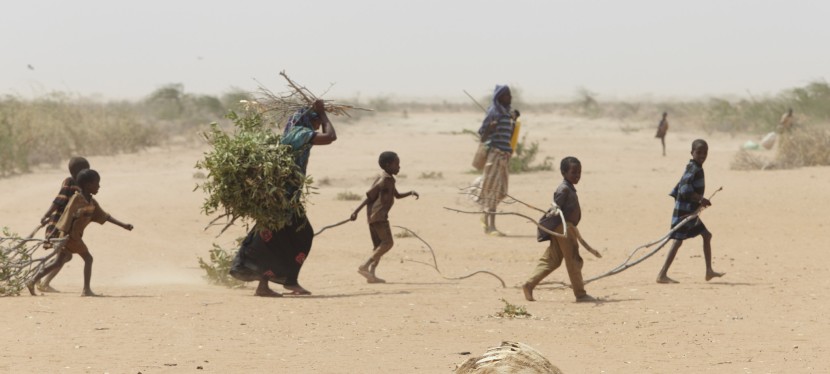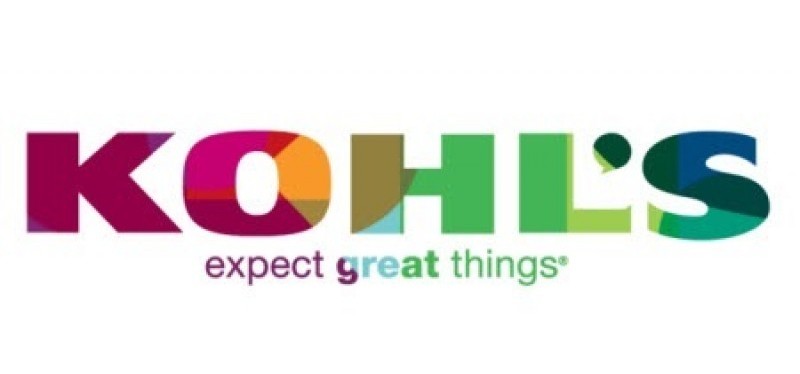A new report from the Othering & Belonging Institute at the University of California – Berkeley sheds light on an emerging problem. The new report, “Climate Refugees: The Climate Crisis and Rights Denied,” by Elsadig Elsheikh and Hossein Ayazi, makes a compelling case to the international community for the adoption of a legally-binding convention that protects climate refugees.
In a chapter that I wrote concerning resilience and refugees, I raised similar concerns as those which underlie this report. When referring to those born in another land, definitions and distinctions abound, be they legal definitions, social science terminology, or one’s self-description. At home and abroad, the political and legal framework continues to evolve. Attempts to reform U.S. immigration processes have occasioned increasingly sharp political conflict over the past 20 years. Some politicians capitalize on this polarization. Domestically, racial tension and anti-immigrant sentiment have both grown. Internationally, the member states of the UN finalized a Global Compact on Refugees in 2018, augmenting the 1951 Refugee Convention. None the less, legal vacuums exist. The international standards do not provide for “climate refugees.” While the July 2018 Global Compact for Safe, Orderly and Regular Migration recognized climate change as a growing factor, the December 2018 Global Compact on Refugees eschewed the subject, using the term “climate” only twice, and, in one instance, in the context of a “business climate.” The World Bank estimates there will be as many as 143 million climate refugees, with a minimum of 92 million, by 2050. It is a growing crisis for which the world remains woefully unprepared.
This new report from UC – Berkeley profiles 10 countries that are among those most vulnerable under the climate crisis. For instance, Bangladesh, projected to lose 17 percent of its total land to sea level rise by 2050, would see displaced an estimated 20 million people, and the Maldives could lose all 1,200 of its islands to sea level rise. The release date of the report coincided with the U.N.’s annual Human Rights Day observance on December 10th.
The report also details specific vulnerabilities suffered by these refugees in U.S. and international law. The report argues that a new understanding of “persecution,” a longstanding requirement for receiving refugee status, could be broadened to include “petro-persecution.” In that event, a new agreement for climate refugees is made necessary, and such a framework should be undertaken as a revision to the 1951 Refugee Convention, or the establishment of a wholly new international convention.




